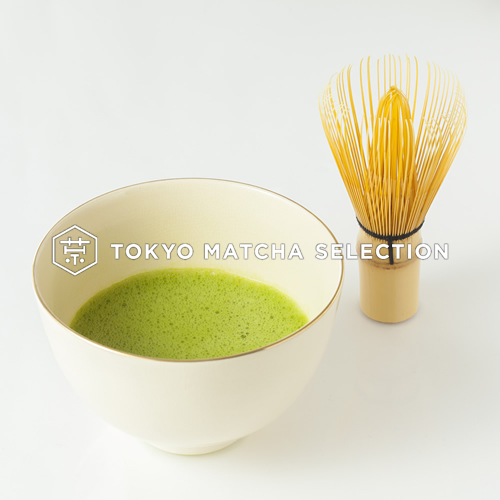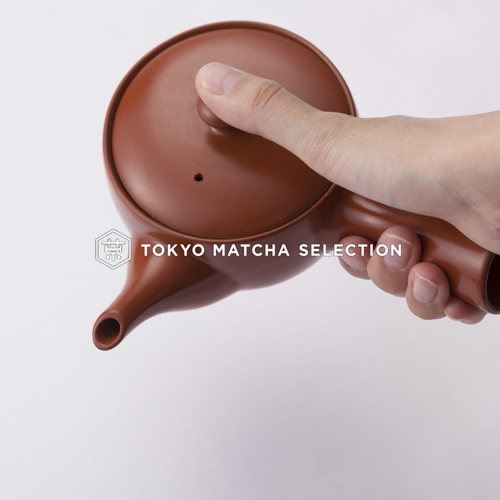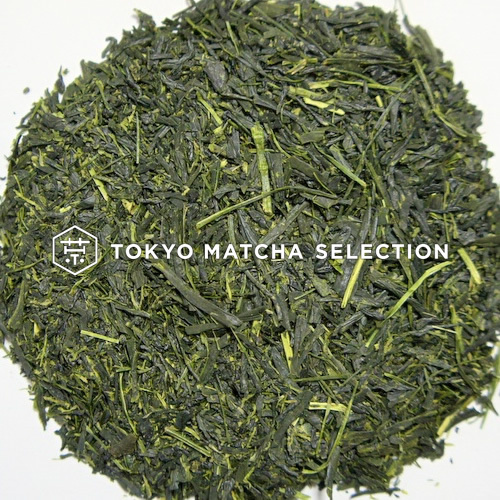Natto, Healthy Fermented Soybeans Allow me to introduce you to this delicious and nutritious food from Japan. Natto is the Japanese word for fermented soybeans; it's brown and slimy, and has a distinctly strong smell like good cheese. The smell can be intense and and intimidating though the taste is more bland than you would think. I [...]
Noted for its subtle aroma, distinctive flavour and possible health benefits, Japanese green tea (ocha) has been steadily growing in popularity with people around the world for many years. Naturally, it is an essential part of daily life in Japan, so foreign visitors will find green tea being served almost everywhere they go in Japan, [...]
What is matcha? A fine form of Tencha is the raw ingredient of matcha. Tencha is made of dried tea leaves cultivated under a cover. It is produced with a tea-grinding hand mill. The matcha is mainly used for a tea ceremony and Japanese sweets. The matcha is recognized as a healthy drink and has a [...]

You may see a Tokonoma Alcove when you enter a tea room for Japanese Tea Ceremony. There would be a 'Japanese scroll/Kakejiku' in that room. *Please note that it's called 'Kakemono' for Japanese Tea Ceremony. The contents of Japanese scroll would be different depending on each seasons and theme of tea party, but something with Zen words [...]
Matcha and green tea powder. They look quite similar as both of them are powder. There is no difference as they are both powder of green tea. So what's the differences between them? In a word, 'tea leaf of raw ingredient' is different. Match is the powder of green tea which is called 'Tencha', an a powder of Sencha (a [...]
TOKYO MATCHA SELECTION proposes a plan the collaboration of 'Japanese tea and Hokusai Katsushika' that is popular in the world and sell products that can be enjoyed by people those who are the Japanese tea fan and the ukiyo-e fan. We have the line-up of 7 types cans with the Hokusai's ukiyo-e design that contain Japanese [...]
I've wrote about the basic knowledge of Japanese Kyusu teapot last time (parts names and types, origins) and I would like to let you know how to care of Kyusu this time. Have you experienced that the flavor of Japanese tea was once tasty but it's not as good as before now? Perhaps the causes may be [...]
Chanoki Shrine (茶ノ木神社) * 茶 = Tea TOKYO MATCHA SELECTION's office is located in Nihonbashi area in Tokyo. (It's close to Ginza and Asakusa where are popular for tourists from abroad.) As it happens, there is the shrine neaby us called 'Chanoki Jinja'. In Edo era, there used to be the residence of Daimyo (feudal lord): the Hotta (堀田家) [...]

Japanese kyusu teapot (急須), you may find a little mysterious shape. I assume that there are a lot of basic knowledge, its history, main producing district in Japan etc are not being revealed yet. I would like to write the topic about 'Kyusu' this time. Also, I would like to introduce you how to use (how to make [...]

Green tea has really a lot of varieties from the popular one to something limited to a region. I would like to explain about 'Sencha' and 'Gyokuro' which would represent green tea this time including the characteristic of these 2 teas, how to grow them and how to make etc. 1. First introduction (basic knowledge) In general, tea [...]